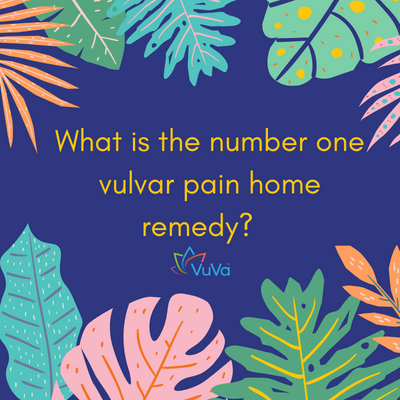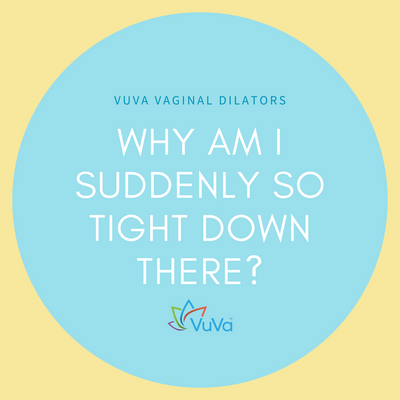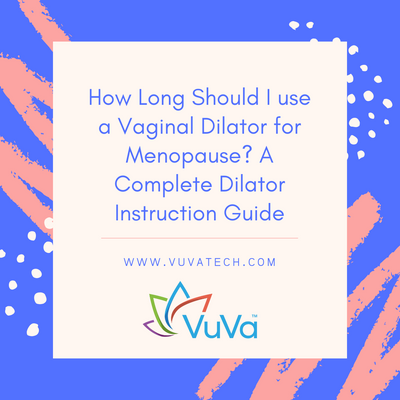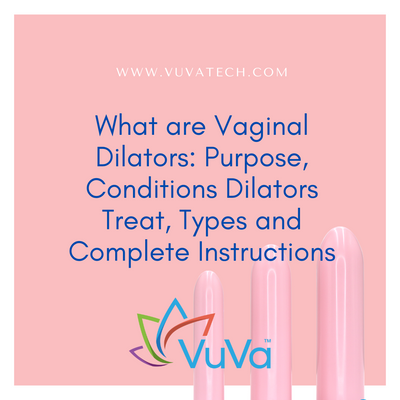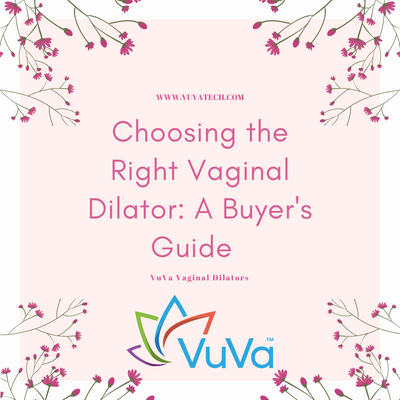
| Tara Langdale
Vulvodynia Home Remedies - Vaginal Pain Treatment
Reasons for home treatment
Vulvodynia is a chronic pain condition in the vulvar that has no identifiable source. It's a vaginal pain condition that causes most women to suffer in silence for months to years on end. For some, it may seem hopeless without a cure. The weight of vulvodynia causes difficulties in a woman's life, in relationships and causes depression and anxiety.
Speaking to a doctor is difficult, but when women do come forward, they describe the pain as stinging, burning, raw, and cutting. The pain of vulvodynia may occur by simply sitting for an extended period, during a pelvic exam, or even from an inserted tampon. Sexual intercourse is difficult and painful. In some cases, even tight clothing brings out the pain.
While some health professionals may suggest medications or even surgery, there are home remedies to relieve vulvodynia.
Choose loose clothing
The National Vulvodynia Association recommends that women with vulvodynia avoid wearing tight clothing. It’s better to put on skirts or loose-fitting pants. Another recommendation is to abstain from wearing tights or pantyhose. When it comes to undergarments, all-white cotton panties may help with vulvar pain. Vulvodynia pain occurs in the vulvar (the area outside of your vagina). Gynecologists even recommend not wearing underwear while sleeping.
Wash with irritant-free detergents
One lifestyle and home remedy worth considering is using a dermatologically approved detergent when doing laundry. Recommended brands are Clear or Purex. You also want to avoid using fabric softeners or irritants such as dyes and perfumes. Using high-quality soap may help alleviate vulvar pain. After washing undergarments, rinse them further with cold water to remove any remaining residue.
Take a lukewarm sitz bath
Personal hygiene is an essential part of relieving vulvodynia. One natural home remedy is women should consider taking a cool or lukewarm sitz bath to reduce pain and inflammation. Sitz comes from the word sitzen in German, which means to sit. By sitting in freshwater, it helps circulate the blood flow in the vulva and perineum (space between the vagina and anus).
While taking a bubble bath may help relieve stress, the chemicals in the soap may irritate the vulva. Also, try to circumvent washing the vulva with shampoo or soap. Once finished in the bath, slowly dry with a clean cloth. The American Colleges of Obstetricians and Gynecologists (ACOG) suggests applying a thin layer of water-based petroleum jelly to the vulva to relieve vulvodynia after a bath.
Select cotton personal-products
When it comes to personal products to ease vulvodynia pain, choose 100% cotton tampons and pads for menstruation. It's also preferable to select pads instead of tampons. Even toilet paper should be soft, white, and unscented.
Use gel packs for pain relief
Gel packs or cold compresses are a natural home vulvodynia treatment. Find a quiet place and lay them directly on your vulva and vestibule to alleviate pain, itching, and inflammation. The vestibule is the area surrounding the opening of the vagina. If you use cold compresses, make sure they are made with white and 100% cotton. You can apply gel packs after certain activities such as sexual intercourse, horseback riding, or even sitting for long periods.
Make dietary changes
According to MedicineNet, treatment options for pelvic pain are to choose foods that won't make your urine more stringent. Some foods to avoid are beans, berries, nuts, and chocolate. The Vulval Pain Society suggests a low-oxalate diet, but there’s not a lot of research to back up the recommendation.
Oxalate is abundant in humans and plants. The molecule is not a necessary nutrient for men and women, and excess may result in kidney stones. Some research shows boosting your levels of calcium-rich foods decrease oxalate in the urine. You can also drink plenty of water each day and avoid overeating animal protein. Other foods to avoid are soy products and some grain products like quinoa, bran flakes, and wheat germ.
Understanding the connection between pain and sex
For many women suffering from vulvodynia pain during sex is a common occurrence. Vulvodynia causes abnormal vaginal itching, vaginal dryness, and even unbearable pain when sexually active. It's common for women with vulvodynia to avoid sex, resulting in hurt relationships and hidden shame. It’s important to remember you’re not alone. To help ease pain during sex, you can communicate with your partner about your symptoms.
When you do have sexual intercourse, take it slow, and use water-soluble lubricants. You can also ask your medical professional to prescribe a topical anesthetic, such as Lidocaine, and apply before sexual intercourse. Spermicides and contraceptive creams may further irritate the vulva, so avoiding these is recommended.
After any sexual activity, go to the bathroom to prevent infection and gently clean the vulva after sex with a cotton hand towel and lukewarm water.
Try vaginal dilation to treat and relieve symptoms vulvodynia
Vaginal dilation is a safe and effective home remedy to treat vaginal pain. It works by helping you to relax your pelvic muscles. Doctors recommend vaginal dilators because women with vulvodynia commonly have pelvic floor dysfunction. The Neodymium Magnetic Vaginal Dilators by VuVa™ are proven to safely stretch the pelvic floor muscles to treat and prevent vulvodynia.
Research shows that vaginal dilators not only decreased pain levels by an average of 28% for all women in the clinical trial, but women experienced increased overall confidence about sexual health. Vaginal dilators relieve physical symptoms and improve mental health.
Doctors recommend using them 1-2 per day for relieving symptoms of vulvodynia. In the beginning, any amount of time spent using the dilators is helpful, but try for 20-30 minutes per session. Women should start with the smallest dilator to determine their pain level threshold. As the treatment begins to work, increase the dilator size.
If you’re experiencing symptoms of vulvodynia, speak to your doctor about home remedies that work to treat vaginal pain. You may have to try a combination of home remedies to find relief, but the most effective treatment is vaginal dilators. Improving your sexual health will put you on the path to healthy living.
Other VuVa Helpful Links:
7 Reasons for a Tight Vagina and How to Loosen
How to Relax Vaginal Muscles, Vaginismus & Sex
Vaginal Stretching - Keeping in Shape with Dilators
Do Dilators Really Work? Yes, and They can Improve Your Sex Life!
Shop for VuVa Vaginal Dilators

